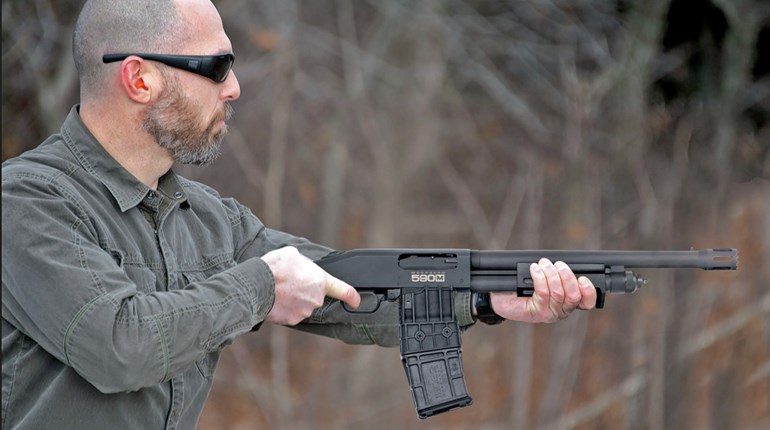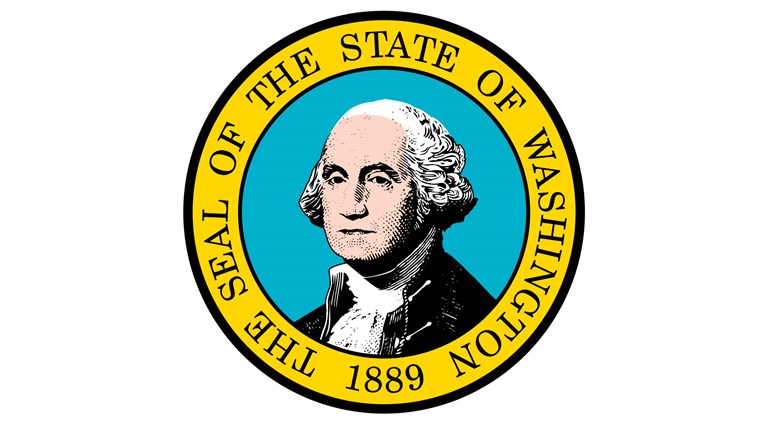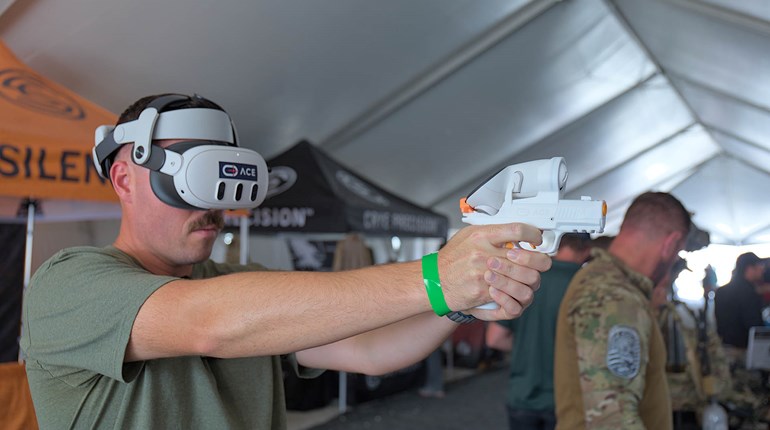
The National Wild Turkey Federation is now accepting applications for its Wild Turkey Research Request for Proposals, a program that facilitates and makes large investments in support of high-priority wild turkey research projects.
“We are at a junction where there are a lot of new questions being raised about wild turkey ecology,” said Mark Hatfield, NWTF director of Conservation Services. “Disease, population dynamics, habitat use, hunter influence—there are many areas that need well-documented understanding to deliver optimal conservation, and this is where research comes in.”
The NWTF invites proposals that investigate the dynamics and drivers of the “post-restoration era” as well as addressing one or more of the following research priorities:
Disease
• Understanding the impact of diseases on wild turkey population dynamics
Habitat
• Understanding the impact of invasive vegetation on native ecosystems
• Understanding the contributing factors of northward expansion of wild turkey populations
• Relationship of turkey nesting chronology and insect availability
• Regional mast survey standardization
Hunter Influence/Relationship
• Evaluating changing behaviors of hunters
• Understanding the influence of modern hunting technology on wild turkey ‘catchability’
• Population assessment and harvest impacts
• Estimates of female wild turkey productivity in relation to hunting pressure
Population Estimates
• Methods of estimating wild turkey population size across large spatial scales
• Identify the distribution of various subspecies of wild turkeys based on genetic analyses
Survival
• Male wild turkey survival and harvest mortality
• Estimates of female wild turkey survival and productivity
• Poult survival, cause-specific mortality
• Male wild turkey survival and harvest mortality
All projects must have a minimum 4-to-1 leverage rate and may span up to three years in length. Projects must be fully endorsed by the representative NWTF state chapter(s) and the representative state wildlife agenc(ies) while investigating one or more of the above topics.
Submit proposals no later than April 15, 2022 for consideration.
Submitted project proposals will be scored and ranked by NWTF staff and the NWTF Technical Committee on the applicability of the projects, scientific rigor, partner engagement and secured matching funds.
The NWTF Technical Committee has been instrumental in guiding historic research priorities, facilitating current research and, more recently, determining what research is necessary to aid current and future management decisions.
“Our committee is especially advantageous as we have representatives from every state wildlife agency who work in unison to share information across regions with varying populations, subspecies, habitats, hunter influence, challenges and can ultimately combine information to push wild turkey management in the right direction,” Hatfield said.
Applicants are also encouraged to reach out to NWTF district biologists regarding potential NWTF state chapter level support as proposal budgets are established. Early communication is critical to allow NWTF state chapters time to consider requests for support through their budgeting process.
NWTF district biologist contact information is available at nwtf.org/about/nation. Click on your state(s) and search specifically for the district biologist.
“The NWTF has played a significant role in supporting and expanding research while directing new research priorities to support our mission: the conservation of the wild turkey and the preservation of our hunting heritage,” Hatfield said. “The NWTF is dedicated to ensuring we conduct the necessary research to see wild turkeys thrive at the local, state, regional and national levels.”
The announcement of the NWTF's Wild Turkey Research Request for Proposals comes just after the NWTF announced the 12th National Wild Turkey Symposium, illustrating the organization’s increased emphasis on wild turkey research.
For more information on NWTF’s 2022 Wild Turkey Research Request for Proposals, eligibility and submission information, contact Hatfield at [email protected].
Application forms can be downloaded here.





































